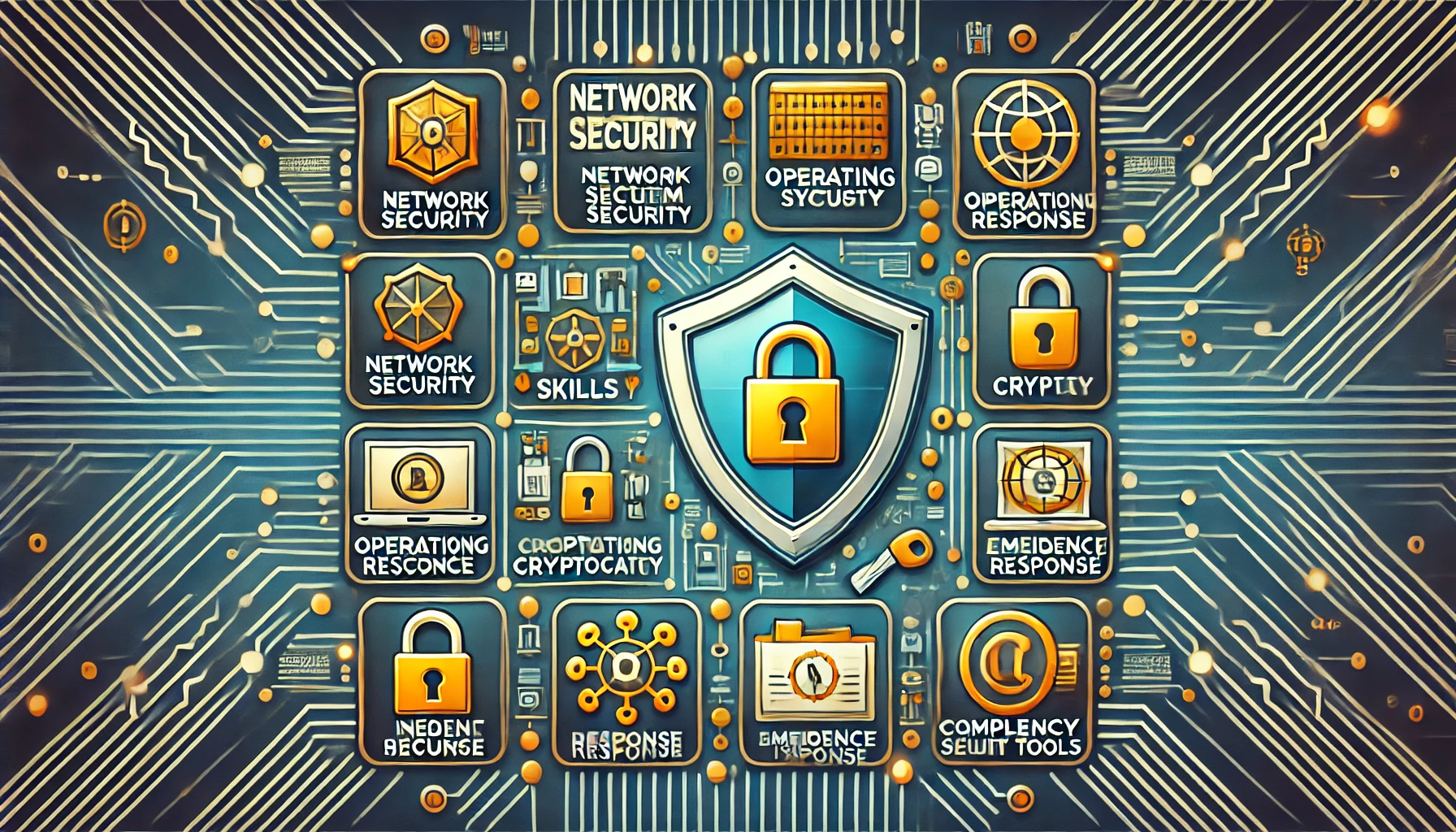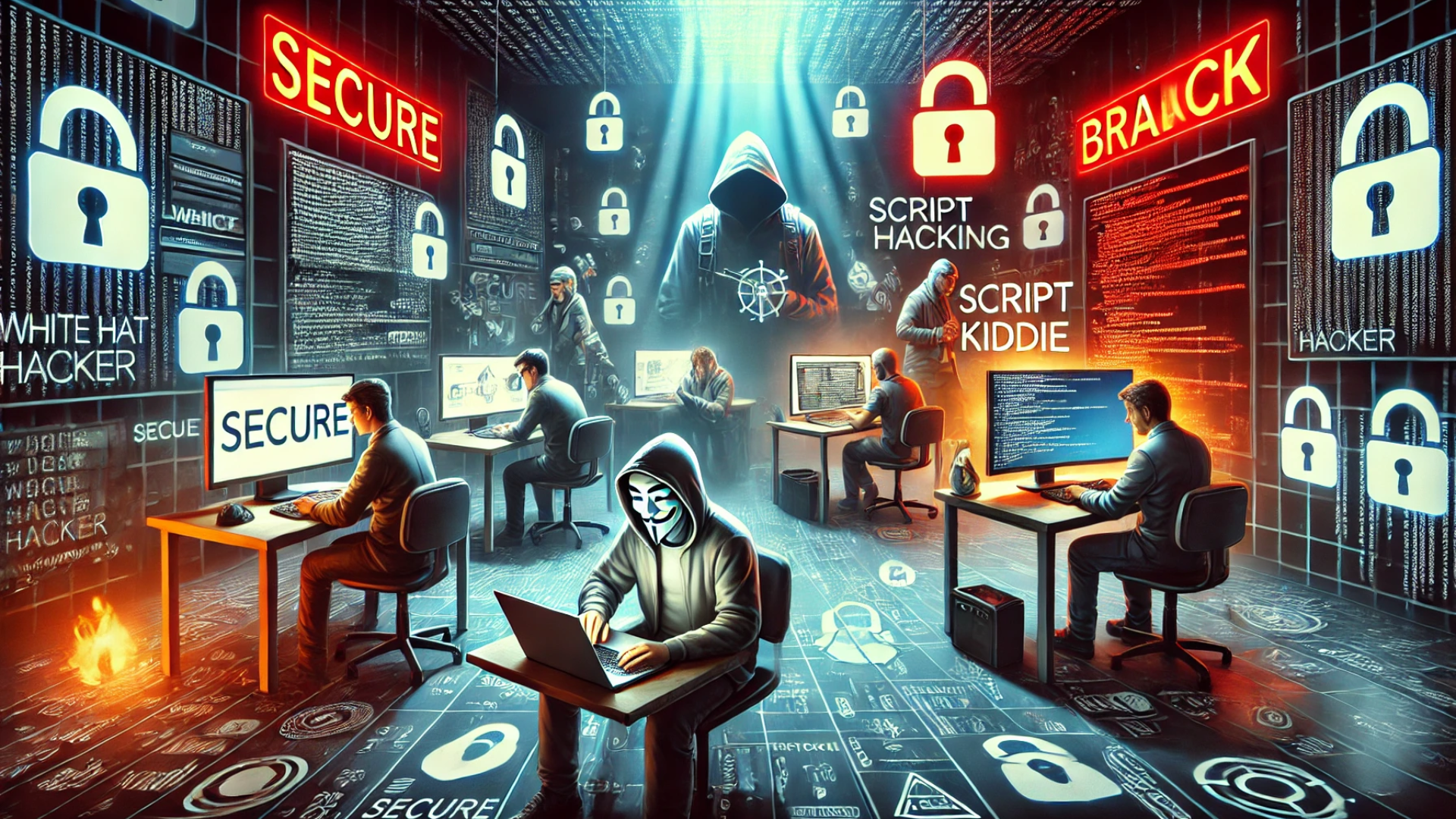
Cybersecurity is more crucial than ever in our digitally connected world. If you’re aiming to become a top-notch cybersecurity expert, mastering a set of essential security skills is vital. This guide will walk you through the key skills you need to protect and secure digital information effectively.
Cybersecurity experts are the frontline defenders against cyber threats. To excel in this field, it’s important to have a strong foundation in various security skills. These skills not only help in identifying and mitigating threats but also in protecting sensitive data from cyber attacks. So, let’s dive into the essential skills every cybersecurity professional should have.
Understanding Network Security
Network security is the backbone of cybersecurity. It involves protecting the usability, reliability, and safety of your network and data. Key aspects include:
- Firewalls: Learn how to set up and manage firewalls to block unauthorized access.
- Intrusion Detection Systems (IDS): Use IDS to detect suspicious activity and potential breaches.
- Virtual Private Networks (VPN): Understand how VPNs encrypt data and provide secure remote access.
Mastering Operating System Security
Operating systems (OS) are often targeted by cyber attackers. Here’s what you need to focus on:
- Patch Management: Regularly update and patch OS vulnerabilities.
- User Permissions: Set up proper user permissions to limit access to critical systems.
- Security Policies: Implement strong security policies to govern OS use.
Proficiency in Cryptography
Cryptography is the practice of securing communication and data through encryption. Important skills include:
- Encryption Algorithms: Familiarize yourself with algorithms like AES, RSA, and SHA.
- Public Key Infrastructure (PKI): Understand how PKI works to secure data transmissions.
- Digital Signatures: Learn how digital signatures verify the authenticity of documents.
Incident Response and Handling
Being able to respond to and handle security incidents is crucial. Key areas to focus on:
- Incident Response Plan: Develop and practice a comprehensive incident response plan.
- Forensic Analysis: Gain skills in forensic analysis to investigate and understand security breaches.
- Communication: Learn to communicate effectively during a security incident, both internally and externally.
Knowledge of Compliance and Legal Issues
Understanding the legal and compliance landscape is essential for cybersecurity experts. This includes:
- Regulations: Stay updated on regulations like GDPR, HIPAA, and CCPA.
- Risk Management: Develop risk management strategies to mitigate legal risks.
- Audit Skills: Be able to perform and manage security audits to ensure compliance.
Familiarity with Security Tools
Being proficient with various security tools enhances your effectiveness. Some must-know tools include:
- SIEM Systems: Security Information and Event Management systems for real-time analysis.
- Antivirus Software: Regular use and updating of antivirus tools to detect malware.
- Penetration Testing Tools: Learn tools like Metasploit, Wireshark, and Nmap for testing vulnerabilities.
Continuous Learning and Adaptability
The cybersecurity landscape is ever-changing. Hence, continuous learning and adaptability are crucial:
- Certifications: Pursue certifications like CISSP, CEH, and CompTIA Security+ to stay updated.
- Stay Informed: Follow cybersecurity news, blogs, and forums to keep abreast of the latest threats and solutions.
- Networking: Connect with other professionals in the field to share knowledge and experiences.
Conclusion
In the fast-evolving field of cybersecurity, staying ahead means continuously honing your skills and adapting to new threats. From mastering network security to understanding legal compliance, the skills outlined in this guide are essential for any cybersecurity expert. By focusing on these areas, you’ll be well-equipped to protect and secure digital information in an increasingly hostile cyber landscape.

